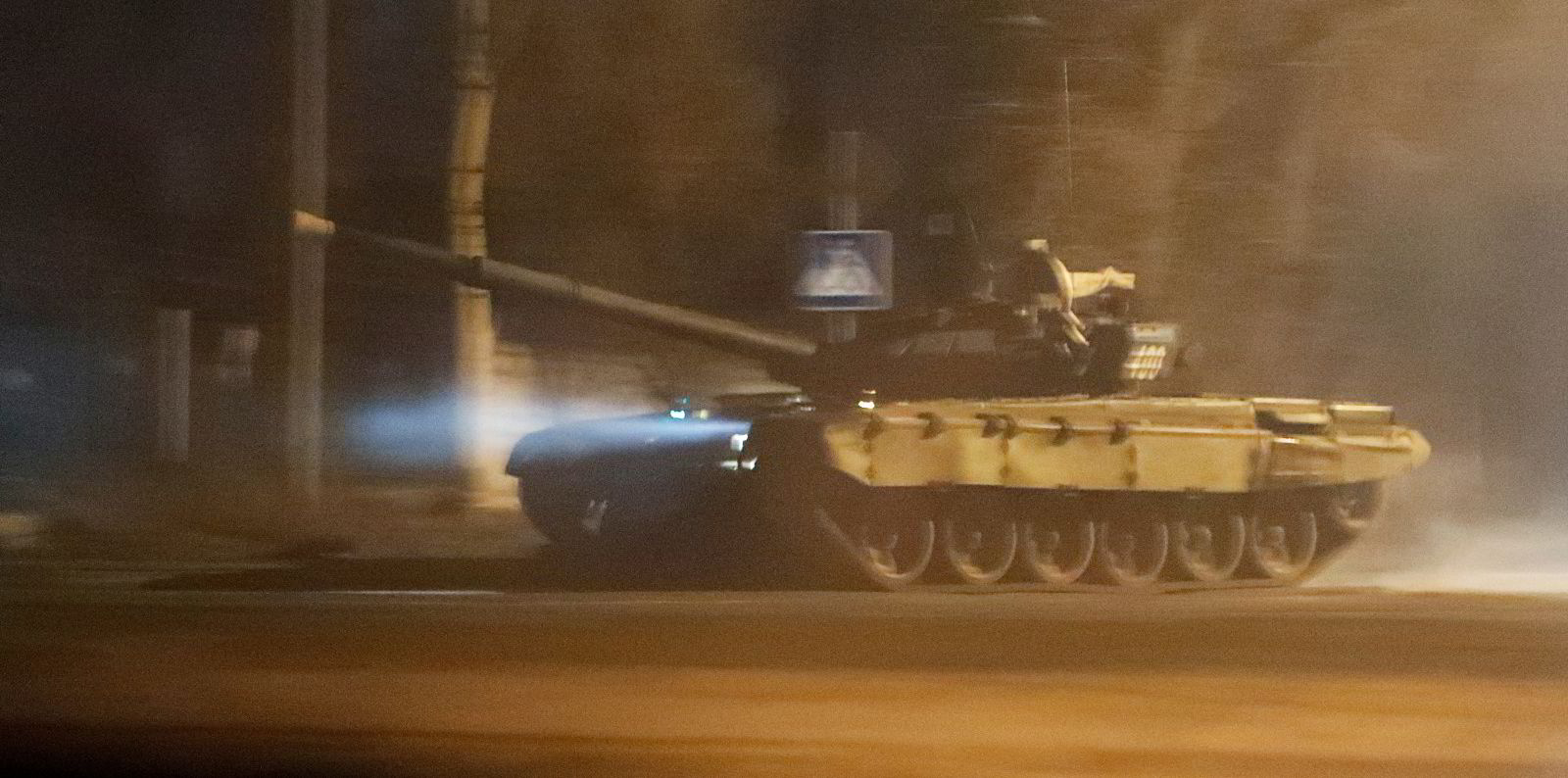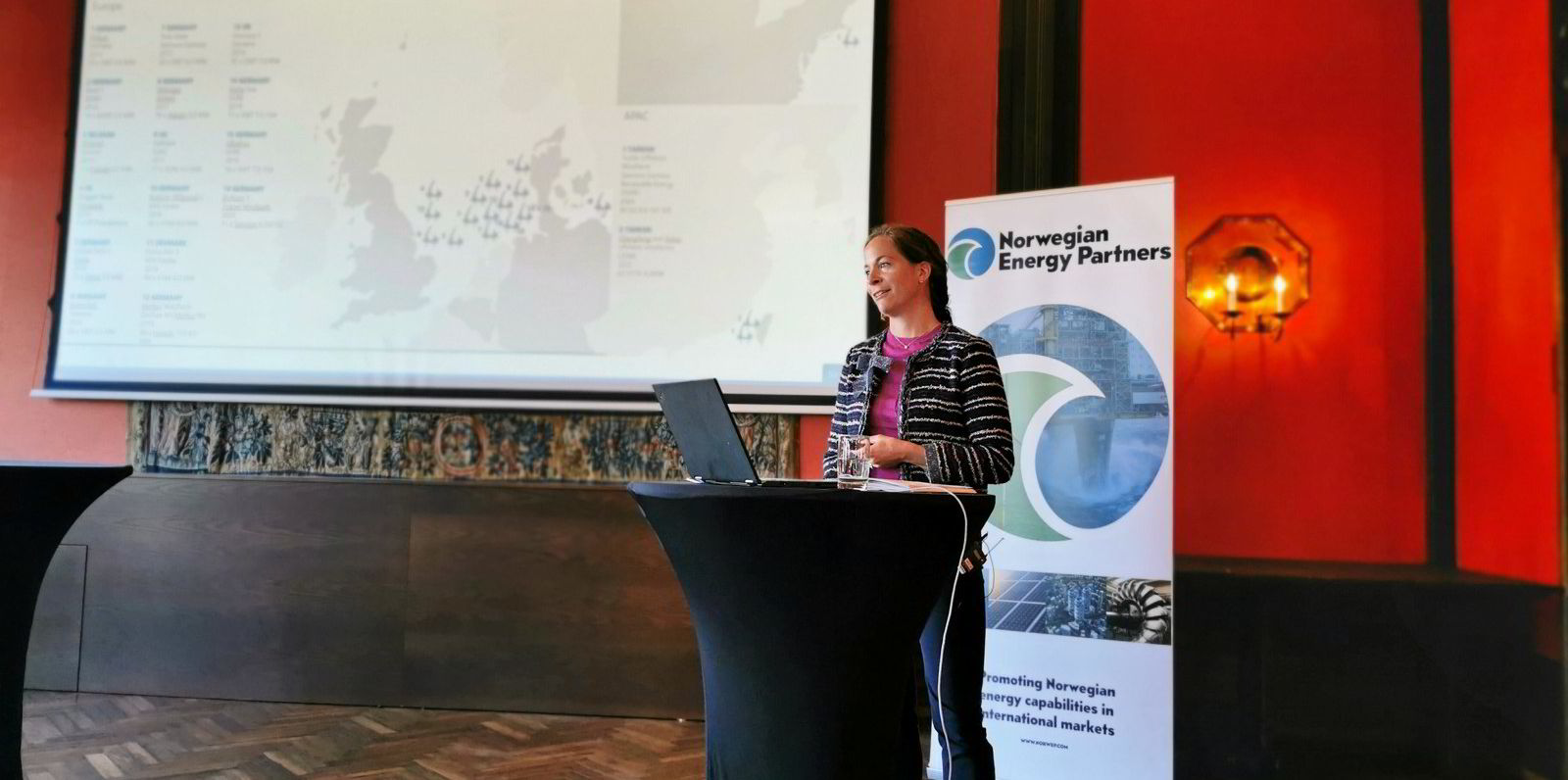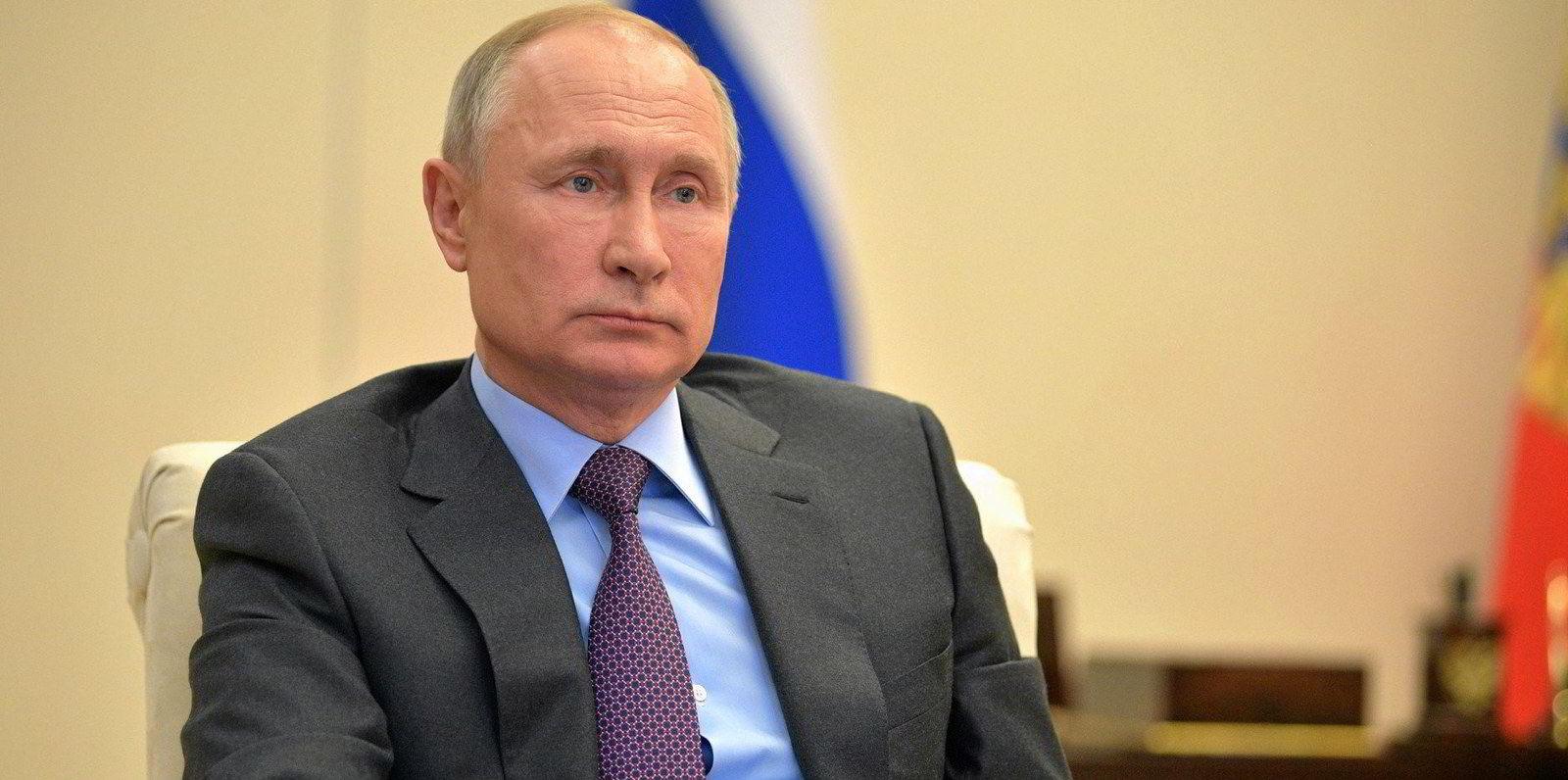The price of crude oil approached $100 per barrel and global stock markets tumbled as Vladimir Putin sent troops into eastern Ukraine.
One of the early maritime victims of the crisis was Fred Olsen’s Windcarrier business that pulled a planned €150m ($169m) flotation in Oslo.
But there will be other losers — and winners too — in the weeks ahead as shipping market uncertainty could lead to longer tonne-miles but certainly higher fuel costs.
Much depends on the severity of Western trade sanctions promised against Russia in the event of this limited but clear invasion.
Certification of the 750-mile-long (1,207 km) Nord Stream 2 pipeline between Russia and Germany has already been shelved by German chancellor Olaf Scholz.
But there are much wider issues that will affect the bulk carrier and tanker sectors that serve trade around the Black Sea and other areas.
Russia and the Ukraine represent a key global bread basket with their wheat exports providing around a quarter of total volumes.
Russia is the world’s biggest gas producer and second largest oil exporter. These commodities are the mainstay of the country’s wealth — and power.
Over 40% of Europe’s gas and a quarter of its oil comes from Russia, meaning there could be massive disruption in the event of sanctions or counter-sanctions by the Kremlin. The European Union is also heavily dependent on a range of other important raw materials such as palladium used in car exhausts and nickel used in batteries.
Ships moving around Russian and Ukrainian territorial waters are already subject to higher insurance costs and there will be uncertainty around the many crews on international vessels from those countries.
“We are waking up to a very dark day in Europe,” said one British minister on Tuesday as Western security officials met to decide on a response.
The US and UK had emphasised sanctions largely focused on the financial sector and individual members of Putin’s inner circle rather than energy.
The fact is that most European countries are desperately dependent on Russian energy exports — including coal for power stations — so want to avoid hurting themselves as much as Moscow.
Russia’s Moex stock index dived over 14% on Monday and dipped again the following day in recognition that local companies stand to be hurt.
There is also the complication that many top US and European companies are heavily invested in Russia. ExxonMobil is big in Russia.
BP owns almost 20% of Russia’s largest oil company Rosneft with its chief executive Bernard Looney sitting on the Rosneft board. Shell controls more than a quarter of the huge Sakhalin-2 offshore gasfield as a partner with Russian state gas giant Gazprom.
Big Western commodity traders such as Glencore, Vitol and Trafigura are also heavily involved in trading with Russia.
Fred Olsen’s Windcarrier did not specifically mention the Ukraine in its decision to postpone its initial public offering but it was implicit. “During the book building, the market conditions for IPOs have been severely impacted, not at least by geopolitical tensions,” said the company in a statement.
The Norwegian shipowner said it would be returning to the market to raise cash for fleet expansion if, and when, conditions improved.
Speculation over sanctions
Meanwhile as sanctions start to be imposed on Russia, there has been increasing speculation that embargoes on Iran over its nuclear expansion programme are about to be dropped.
This would allow huge new volumes of crude to be released into the global market and potentially do away with the “ghost fleet” of tankers illegally moving Iranian cargoes.
The crisis between the West and Russia opens the door to another wider geopolitical issue: the role of China. Will Beijing be repelled by Moscow’s breaching of Ukraine sovereignty or become even closer to Putin and what will that mean for China’s own fraught relationship with the US — and for global shipping?
Paris-based shipbroker BRS has already speculated that China could start to pick up some Russian oil exports no longer going to Europe.
This would lead to less Chinese imports from the Middle East and Latin America, meaning a drop on VLCC cargoes in favour of a much-needed boost in global suezmax demand.
For the moment, the big picture is unclear amid the fog of war.





